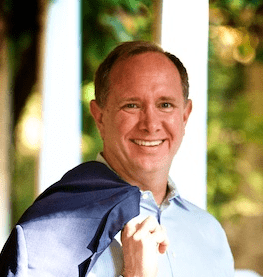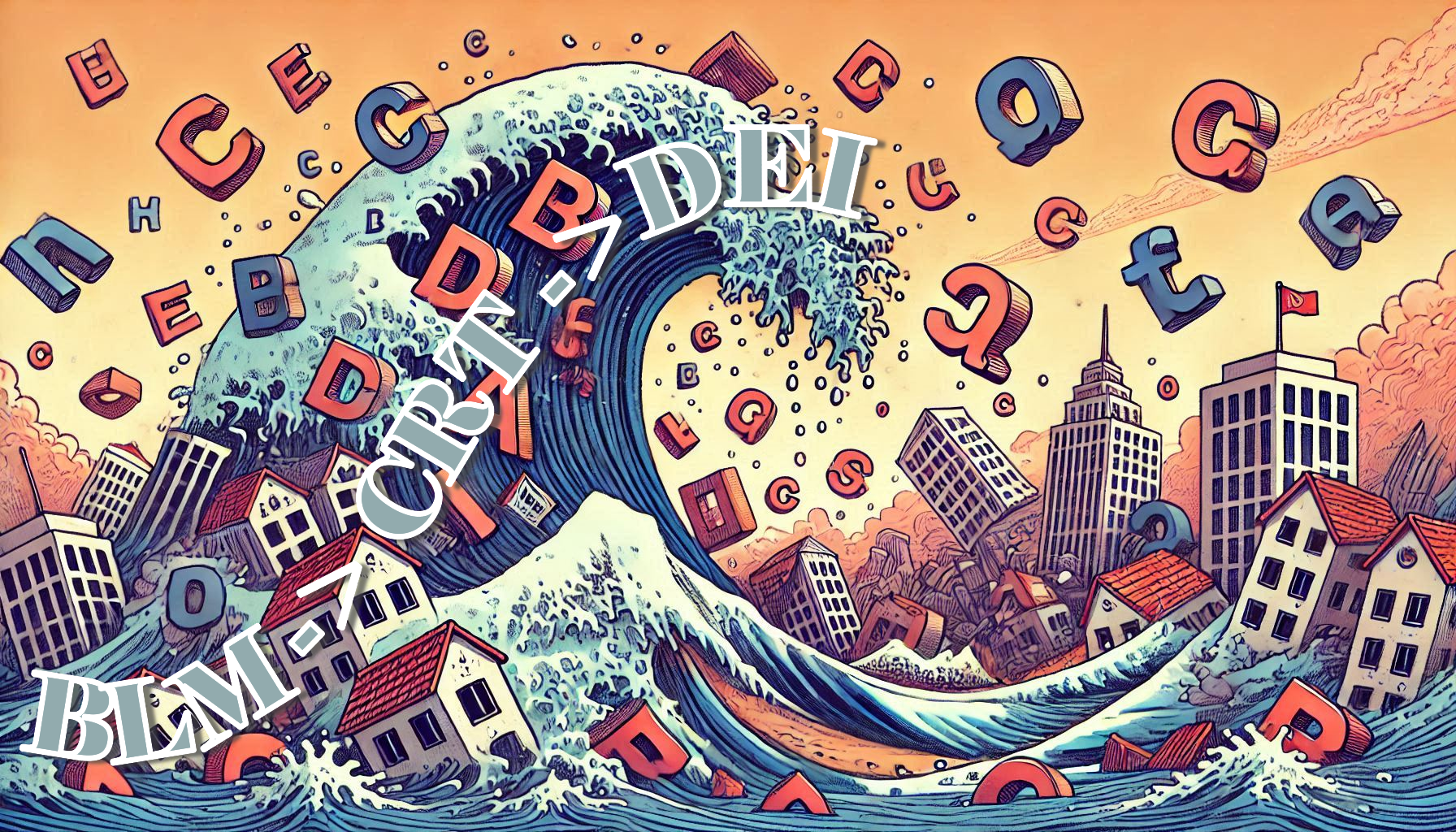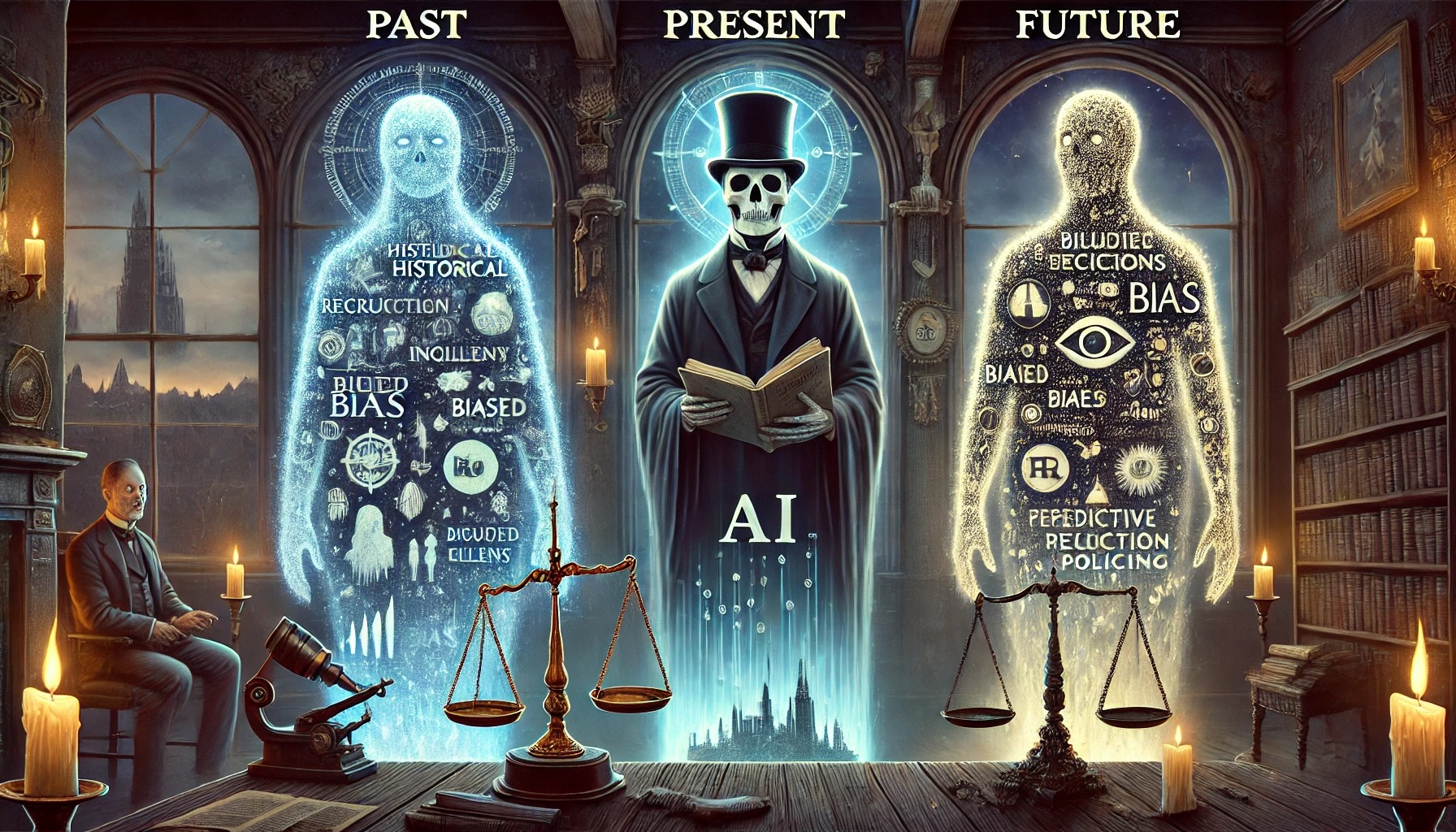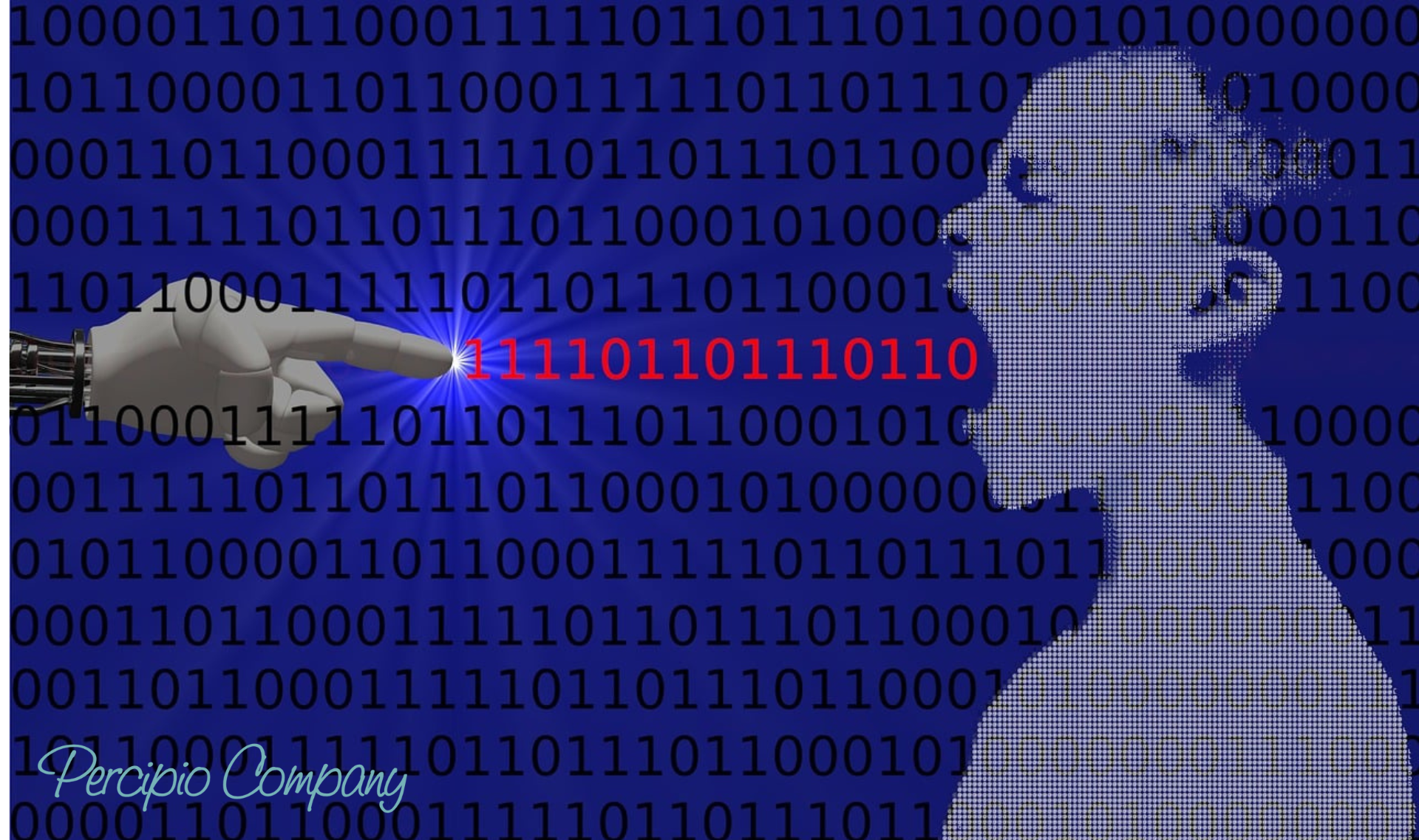Coronavirus.
For the past few months, and especially in the past two weeks, our collective attention has been consumed by the coronavirus, aka COVID-19.
Hysteria – drinking Corona beer can give you coronavirus, for example – is spreading faster than the virus itself. I appreciate the shift in many headlines and media stories that refer to it as “COVID-19” as this appears to strike the right balance of implicit science and not making other linguistic associations. It brings focus to what it is and its impact.
Unfortunately, the headlines consistently highlight only 2 numbers: Number of Cases and Number of Deaths. While this information is needed, framing and context matter.
We Need Courage not Fear
US statistics are misleading – because testing and policy have been so inadequate. We know how many people have died – but we don’t know how many people have survived because of the lack of testing. Comparing US deaths-vs-cases creates a false mortality rate much higher than true fact.
In South Korea, by comparison – where testing is much more comprehensive – survival rate is a reassuring 99.4%. This is a more accurate number, since South Korea has a much more complete count of survivors. Far more people recover than die from this virus – almost a 200-to-1 ratio, if South Korea’s numbers are accurate. Stats from countries with insufficient testing, like the US, do not provide a true picture of how many people are recovering.
By focusing on misleading mortality stats, and coupling them with sweeping stories of mass hysteria, I’m often left feeling like AMC’s “The Walking Dead” is our next societal chapter.
It seems to be affecting others in similar ways. That’s the only explanation I can use to explain people hoarding food, water and, yes, even toilet paper. The implicit bias in the media serves to inform the public but simultaneous triggers fear and, in some areas, discrimination and stigmatization. Even if this becomes a global pandemic, those that have contracted COVID-19 have over a 94% recovery rate.
Real and False Impressions
For most of the population of this planet, the experience is, and will likely be, vicarious. When we in America look through the lens of how we’re processing headlines, the “other” nature of the disease was easy to categorize when it was in a distant land named “Wuhan.” The immediate threat was nil. But as time and space closed with the spread, suddenly the threat became imminent and the emotional pendulum swung with full force. Our imaginations fill in blanks with the worst possible scenarios. We begin to err on the side of caution and remain justified in doing so.
As humans, we are very loss averse. The pain of losing versus the pleasure of gaining is a well-researched unconscious bias. It is this cognitive bias (and others) that is preyed upon by media writers using emotional hooks to command attention.
A well-read journalist knows how to trigger the amygdala, sometimes referred to as our lizard brain, to make a point, persuade or even just cut through all the media noise and inform. Most of the information processed by our brains is outside our conscious awareness. Our conscious mind quickly retrieves the most recent and/or easily accessible memory to shape understanding, make decisions and drive our behavior.
If you are told about the statistical probability of getting bitten by a shark, the number is quite low so you will most likely set aside the fear and go for a swim in the ocean. However, if the person describing this probability to you was someone who was actually bitten by a shark, you are far less likely to wade into the water. Any water for that matter. Even though the statistics haven’t changed. These days, it seems like the news and headlines are written and designed to keep everyone out of the proverbial water.
Don’t Let the Lizard Brain Take Over
During the coming weeks, we still need to make daily decisions to interact and relate to people. Remember, our species lives for high-risk behaviors. Our present societal norms involve swiping left or right with intent to exchange bodily fluids. Texting while driving. Eating processed foods. All of these are more likely to lead to your ultimate demise than contracting COVID-19. While new norms can be explored – the fist bump or hip check or knock heels – and washing hands will be done with more consistency and fervor, we cannot stop living our lives.
Take care and be cautious but try not to let the lizard brain take over. We have evolved the capacity to make more choices than simply fight or flight. As with most things in life, we are stronger together. Alas, that does not align with the insatiable profit model for the media empire. American media-saturated society will likely lead the world in what not to do (again!)
In the end, COVID-19 could be a potentially unifying force as it presents all of humanity with a common enemy. It will take time to develop a vaccine, and possibly a cure – and in the meantime, I hope we focus our collective attention on life, not fear.

Percipio Company is led by Matthew Cahill. His deep expertise in cognitive, social, and workplace biases is rooted in the belief that if you have a brain, you have bias®. He works with executives to reduce mental mistakes, strengthen workplace relationships & disrupt existing bias within current HR processes, meeting protocols and corporate policies. Matthew has demonstrated success with large clients like LinkedIn, Salesforce and dozens of small to mid-size companies looking to create more inclusive workplaces, work smarter, generate more revenue and move from bias to belonging®.






